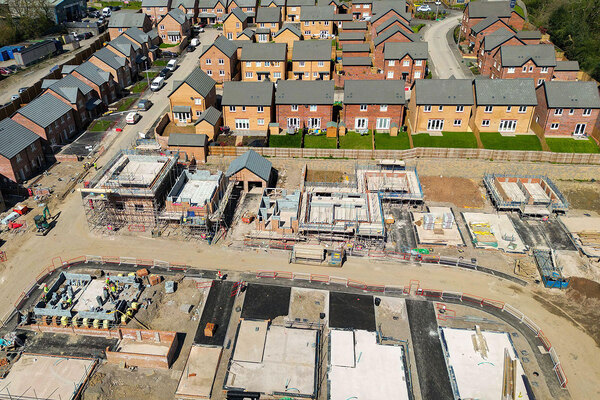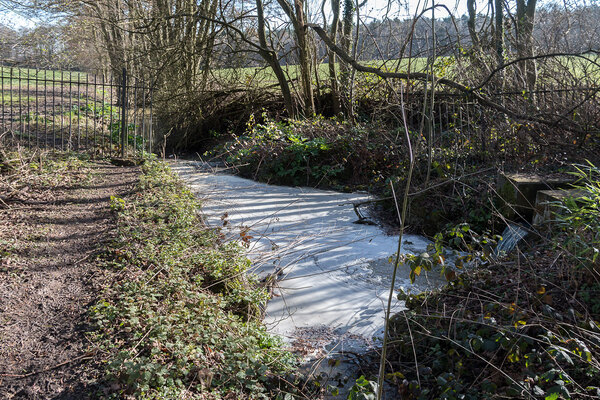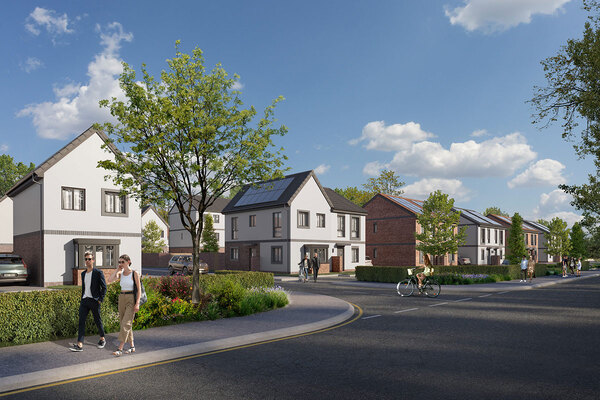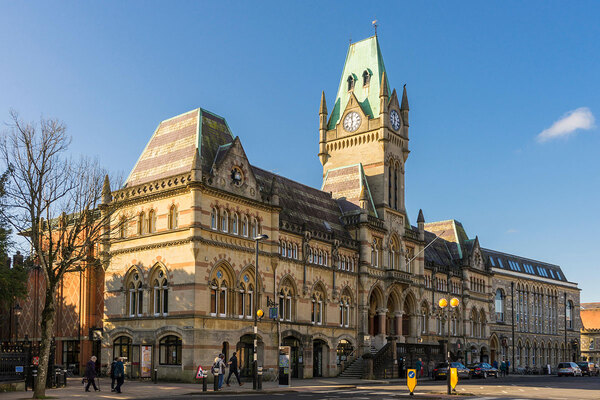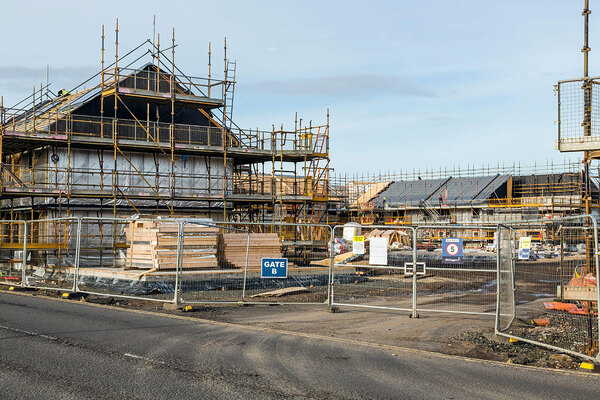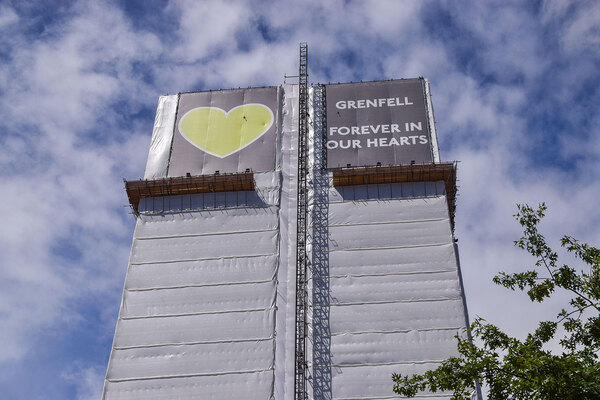Rayner set to raise housing targets by 50% in new planning framework
The government is set to increase housing targets by around 50% and toughen local affordability assessments this week in a new version of the National Planning Policy Framework (NPPF).
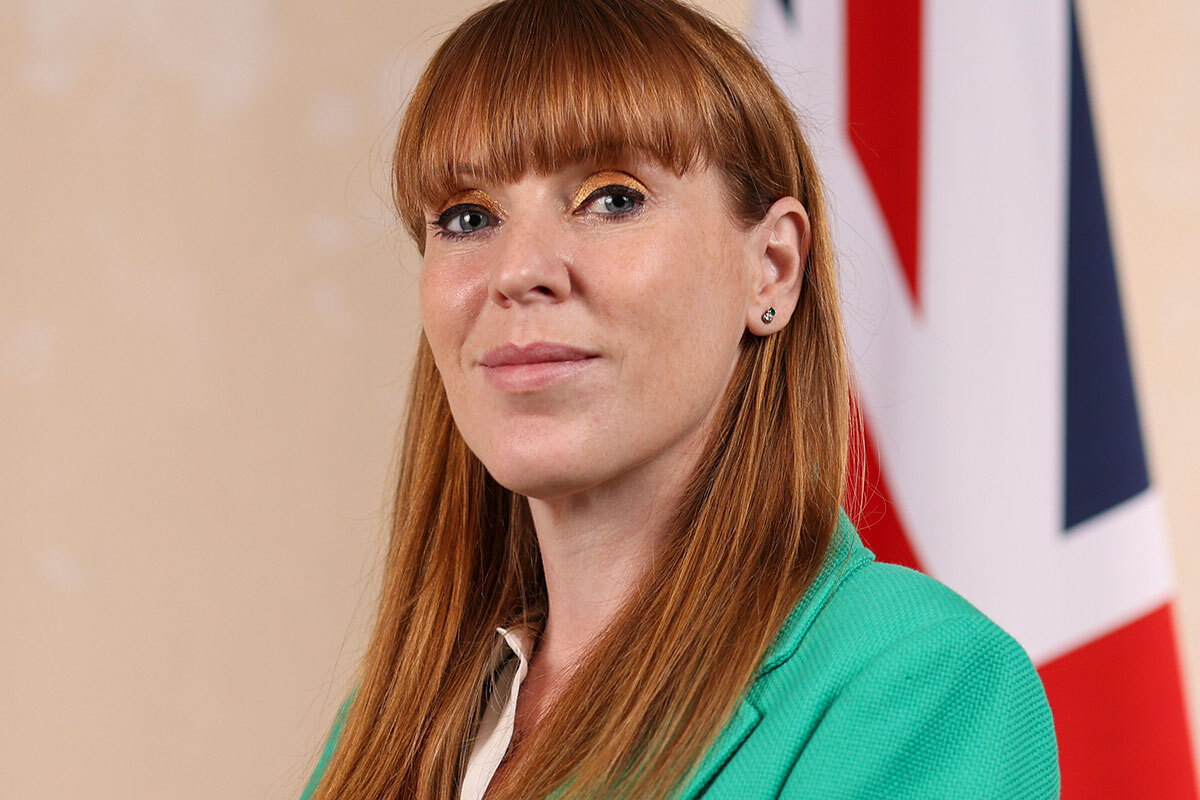
Angela Rayner, the housing secretary and deputy prime minister, will announce an eight-week consultation on the updated NPPF on Tuesday, which is expected to raise mandatory housebuilding targets for councils by about 100,000 homes a year by changing the way local housing need is counted.
Reports in The Times and elsewhere suggested that Ms Rayner was also expected to tell councils to review green-belt protections if they cannot meet their housing need on brownfield land.
Currently, the NPPF assesses future housing need on population changes and local affordability. The government will change these affordability assessments to take account of how many people might move into an area if housing were cheaper.
As a result of these tougher assessments, council targets are likely to hit a total of 350,000 homes across the country, up from below 250,000 before the Conservatives dropped them in 2022.
Councils will also be required to demonstrate they have a five-year supply of land for new housing, and are unlikely to be able to use previous oversupply of housing to reduce future targets.
The new NPPF is also expected to include previously announced Labour policies, such as prioritising poor-quality ‘grey-belt’ land and introducing “golden rules” to ensure development contains affordable housing and benefits nature.
The changes to the NPPF are expected to be in place by the end of September.
Ms Rayner and Steve Reed, the environment secretary, are also planning to change nutrient-neutrality rules, which developers claim are blocking 100,000 homes.
Under the changes, developers will be able to start building housing that risks polluting rivers and work out how to deal with the problem during construction.
This could allow developers to discuss funding new wetlands to offset pollution from new homes during construction.
However, Labour has said that the new homes could only be occupied once mitigations were in place.
According to The Mirror, Labour is set to announce investment in social housing “later in the year”.
The government has already started to review Right to Buy discounts, having promised to lower them to 2010 levels.
The article also suggested the government would agree a new social housing rent settlement, stating that councils will be given assurances on the rent levels they can charge so they have the financial stability to borrow to build new homes.
In an article in The Guardian on 27 July, Ms Rayner said delivering social and affordable houses at scale was “my number-one priority”.
“It is also a crucial step on the path to 1.5 million homes, kick-starting the sector out of this slump,” she added.
“That’s why we will take action to inject confidence and certainty into the social housing system, so that councils and private providers can get back to building.”
Ms Rayner claimed that the current Affordable Homes Programme, launched in 2020, will not reach even three-quarters of its goal to deliver 180,000 homes.
She added: “We will deliver a generation of new large-scale communities; providing new jobs and opportunities by unlocking the potential of the towns and cities which are the engine rooms of our economy.”
Earlier this month, Inside Housing asked members of the sector what policies the new government could implement in its first 100 days to make an impact.
Sign up for our development and finance newsletter
Already have an account? Click here to manage your newsletters

